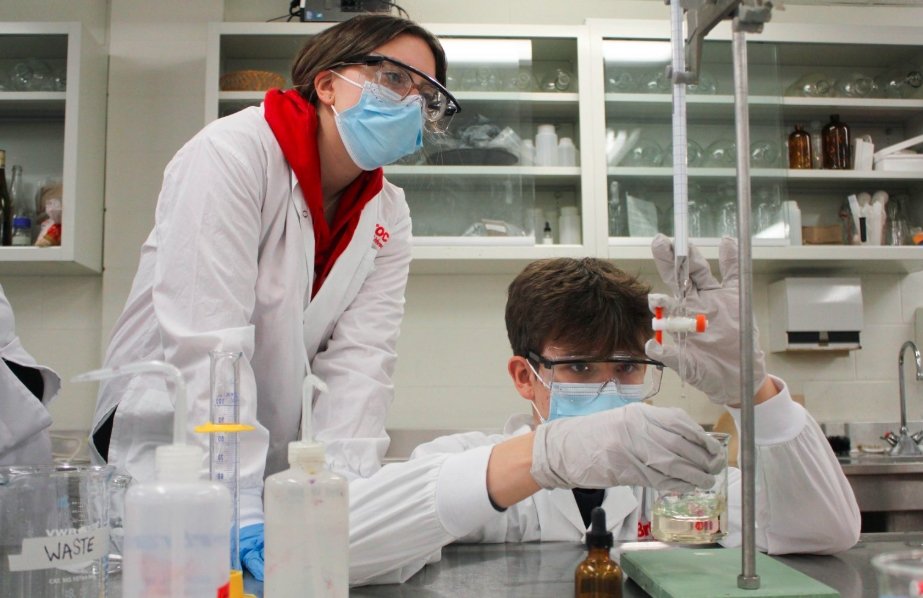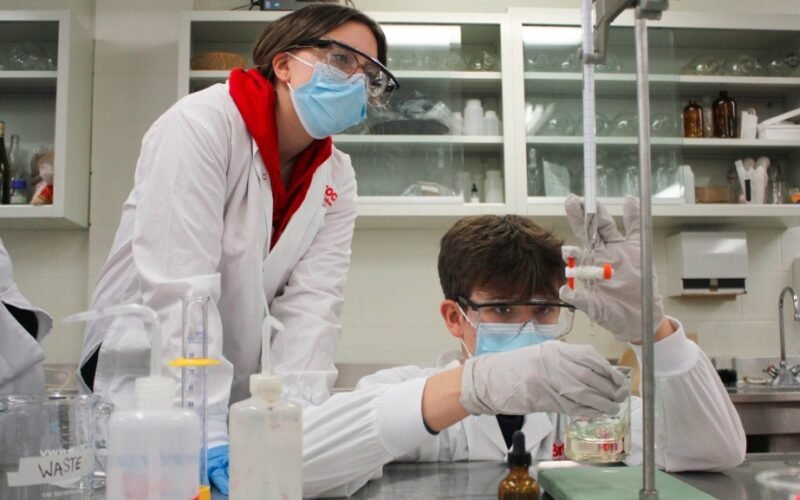Brock University has received an Analytical Testing license from Health Canada, enabling its researchers to analyze cannabis products for quality control and compliance with safety standards. This development positions the university as a key player in cannabis research and industry support within the Niagara region and beyond.
The testing will be conducted at the Brock-Niagara Validation, Prototyping, and Manufacturing Institute (VPMI), a facility equipped with state-of-the-art technology.
Expanding Opportunities in Cannabis Analysis
According to Dr. Paul Zelisko, Scientific Director of VPMI and Associate Professor of Chemistry, the license significantly enhances the institute’s ability to collaborate with cannabis companies.
“This license truly opens the doors for the types of support that the VPMI can provide for the industry across the Niagara region, Ontario, and Canada,” said Zelisko.
The facility will conduct in-depth analyses of cannabis products, including:
- Chemical and biological testing to ensure safety and effectiveness.
- Strain typing for targeted applications and personalized uses.
- Evaluation of added flavors and scents in cannabis edibles, beverages, and vaping products.
- Ensuring compliance with psychoactive component limits set by legislation.

Sustainable Cannabis Solutions
The license also allows researchers to explore sustainable practices within the industry. One focus area is deriving value from cannabis waste materials, such as stems, roots, and leaves, which are often discarded.
“Discovering valuable compounds in this waste material can help a company mitigate costly disposal fees and develop new revenue streams,” said Zelisko.
This aligns with the broader goals of promoting a circular economy, reducing waste, and enhancing sustainability in cannabis production.
A Milestone for Research and Regional Development
Dr. Michelle McGinn, Brock’s Acting Vice-President for Research, described the license as a “milestone” for both the university and the Niagara region.
“It opens a new frontier for cannabis research that has immense implications for public health and economic growth,” McGinn said. “We are demonstrating how science and business flourish together by applying our specialized knowledge and state-of-the-art equipment to solve real-world challenges.”
Continuation of Cannabis Research at Brock
In addition to this new license, Health Canada has renewed a research-related cannabis license first granted to Brock in 2019. Under the earlier license, the university’s Cool Climate Oenology and Viticulture Institute (CCOVI) developed technologies such as cannabis-infused beverages and methods for identifying plant virus infections.
Broader Implications for the Cannabis Industry
The addition of the Analytical Testing license broadens Brock’s capabilities, allowing it to address both immediate industry needs and long-term challenges. With the Niagara region emerging as a hub for cannabis production, this initiative reinforces Brock’s role in fostering innovation and collaboration between academia and business.




